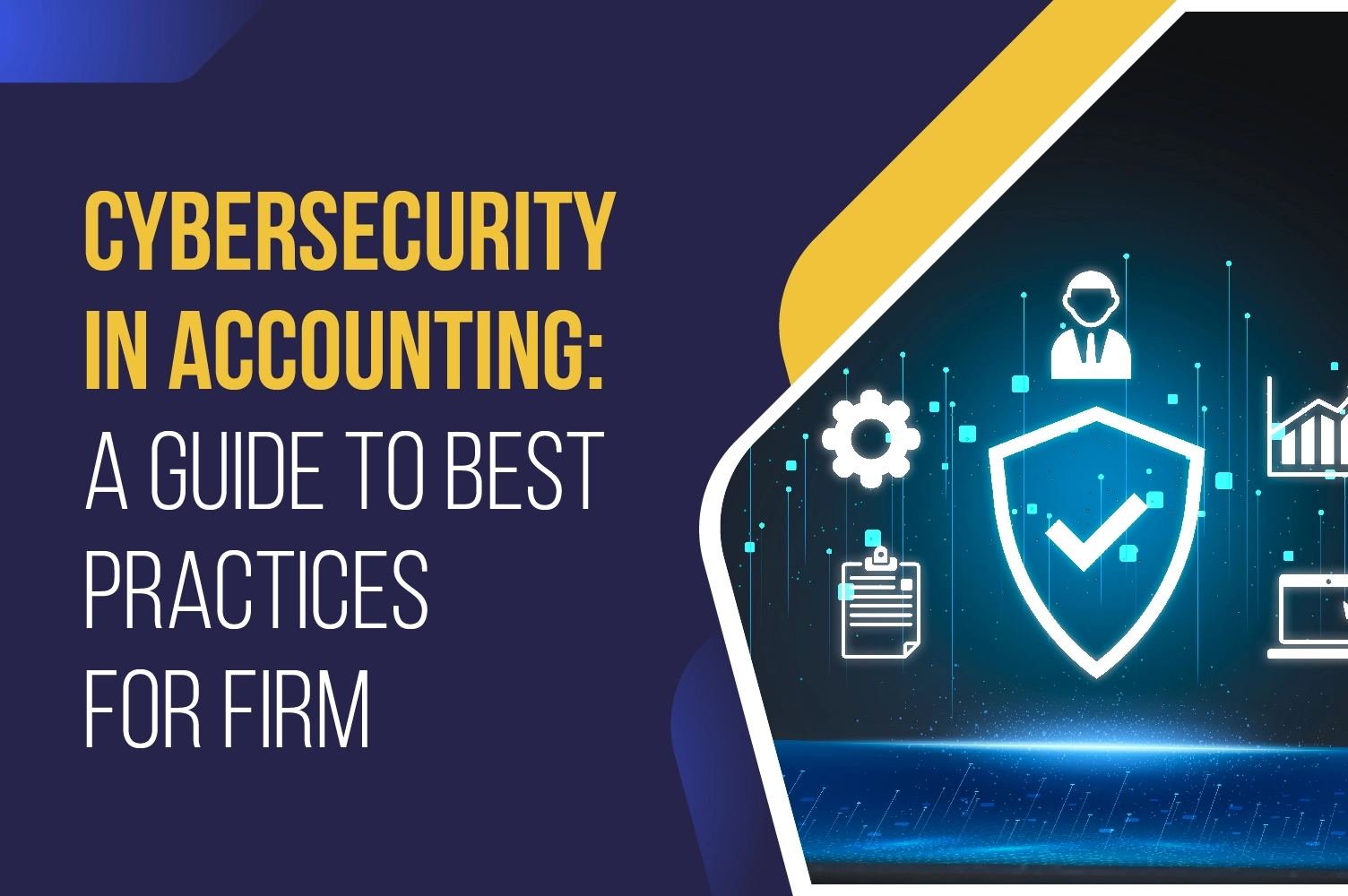Prevail or Perish - Tackling the Decline in Per Partner Profitability
Talent acquisition & retention is the number 1 challenge for the accounting & tax industry. As per 2018 Robert Half Salary Guide, there has been a steady decline in the availability of talent for small, midsize and regional accounting firms. As a result, the average salaries from entry-level positions to top management positions in accounting and tax firms have increased by more than 12% year on year.
Moreover, a recent study by the CPA Journal published by the New York State Society of CPAs, paints a much more worrisome picture. It shows that there has been a steady drop over the last 5 years in the per partner profitability of all the accounting and tax firms without any exception to their size.
While the headcount of employees remained neutral, the decline in per partner profitability signifies and confirms the trend of rising salary across the board for all positions. The question that we need to answer is how this challenge should be tackled? What are the options an accounting & tax firm has?
Automation hasn’t Matured Yet
Many accounting leaders feel that automation is the answer to the challenge of talent acquisition & retention. But, if we are sure about one thing, it is that automation hasn’t matured as much as it should have. This could be attributed to the complexity and intuitive decision making that most of the accounting and tax job profiles require as a prerequisite. And lack of an available database for automating some functions through AI & Machine Learning. So it’s going to take some time. As a result, jumping on the bandwagon of automation too early might be a bit too dangerous as well as risky.
Remote/Offshore Staff
The technological advancements might not have been sufficient enough for automation yet, but when it comes to remote working, the technology has evolved to such an extent that it is now possible to work seamlessly without requiring each team member to be physically present at the workplace.
This has driven a revolutionary change in the availability of talent pool. As the geographic boundaries are not only blurred but more importantly broken, you are not limited by the talent available onshore. There are many countries where a vast talent pool of highly qualified and experienced candidates is available. This is due to a couple of decades of the increasing presence of Big 4 and top 1000 accounting and tax firms in these countries. Today, more than 50% of the total workforce of Big 4 is located overseas.
How can you Leverage Remote/Offshore Staffing?
You can’t just book a flight ticket, go there and open an office there. It is practically impossible for small and midsize firms. Regional and Large firms may give it a try, but managing overseas operations is an expensive affair. As a result, you need an offshore staffing partner who can do this for you. You might be concerned that how you can make it work in your favor?
I have a 5 point answer to this question:
5 - Go for a dedicated remote staff If you are gonna try remote staffing, do it the right way. When you hire remote staff, make sure he/she is working dedicatedly for you.
4 - Where will your remote staff work from? This is the next big question. You must be sure that your remote staff is not working from Starbucks or from home or from an unsecured location. He/she must work from a secured office to where you must have the following security measures in place:
-
CCTV Surveillance
-
Key Card Controlled Access
-
Paperless Workplace
-
Limited and Controlled Internet Access
-
No Cellphone
-
High-Speed Internet Connectivity
-
Direct Phone Line - US
3 - Evaluation of knowledge, qualification & experience
When you are sure about the two points mentioned above, then you can start thinking about how you should evaluate their qualification & experience. It is pretty similar to the way you evaluate a local onshore staff. Go ahead with the interview and technical tests. Use tools like Skype, zoom meeting, etc. for seamless communication during this process as well as when you start working with your remote staff.
2 - Tenure and Commitment When you hire an employee locally, there is no commitment to his/her tenure with your firm. As a result, the local staff can leave your firm anytime after providing notice of one month. But, when it comes to remote staff, you must look for a minimum commitment period/tenure that goes in the contract. This will allow you to retain the remote staff for a longer term.
1 - What is the right price? Whenever people hear about the price point for remote staff, they are usually very positively surprised. But, it also raises concern that how it could be possible to have such a low price point. Just search for the value of currency where your remote staff is working from with respect to the greenback. You will observe a huge currency arbitrage that exists. This is the primary reason for such low price points. Moreover, the currency arbitrage becomes the paramount reason that enables you to hire more resources while at the same time increase your profitability exponentially.
Those firms which are willing to take advantage of being an early adopter in this phenomenon will prevail in the future. While those who won’t adapt to the changing business environment might continue to observe the decline in profitability that leads to critical problems.
Now would be a good time to start exploring remote staffing. We at Entigrity Remote Staffing would be glad to help you commence this new chapter in your firm’s journey to higher profitability.
Entigrity™ is a trusted offshore staffing partner to over 500+ accountants, CPAs and tax firms across the US and Canada. Our flexible and transparent hiring model gives helps firms of all sizes to hire staff for accounting, bookkeeping, tax preparation or any other task for 75% less cost. As a firm 'run by accountants, for the accountants', Entigrity captures the hiring needs of accounting firms most precisely, providing staff that works directly under your control and management, still you are left with least to worry about compliance, payroll taxes, overheads or any other benefits.





